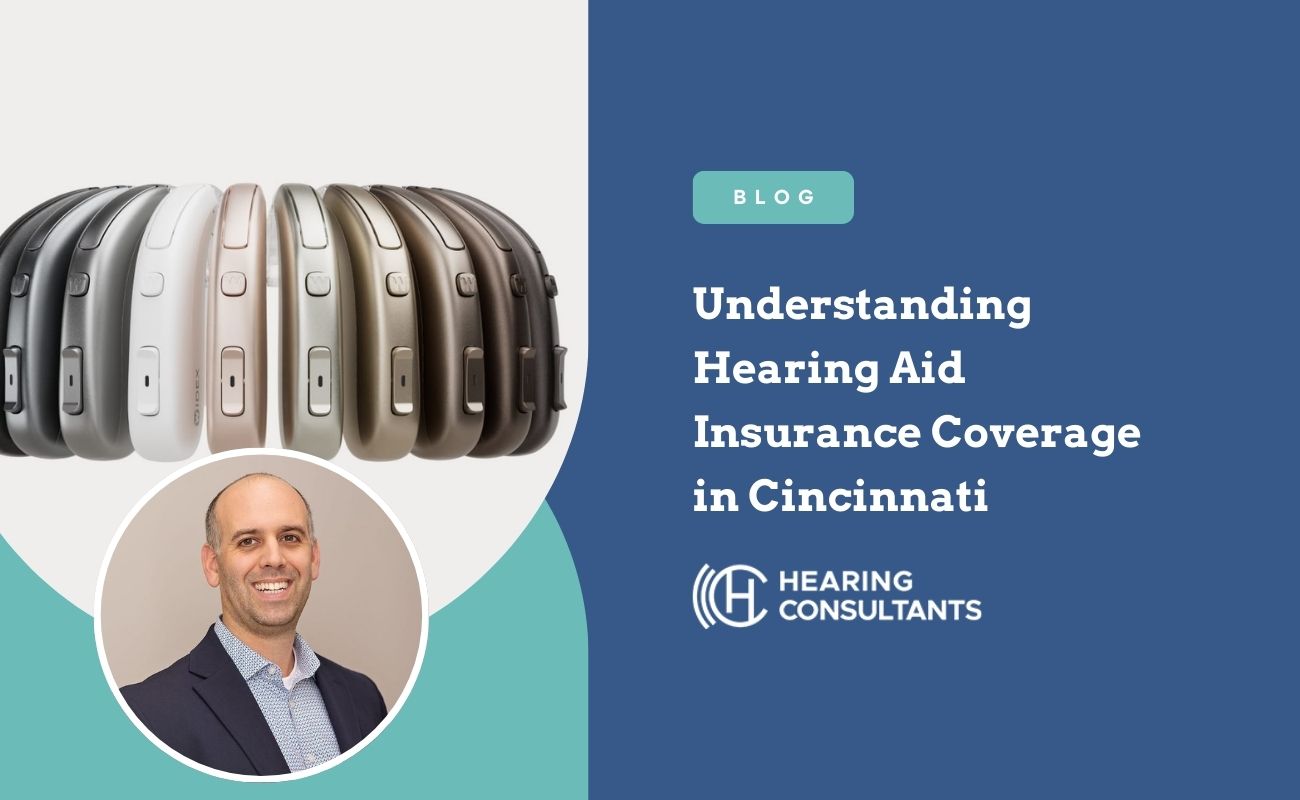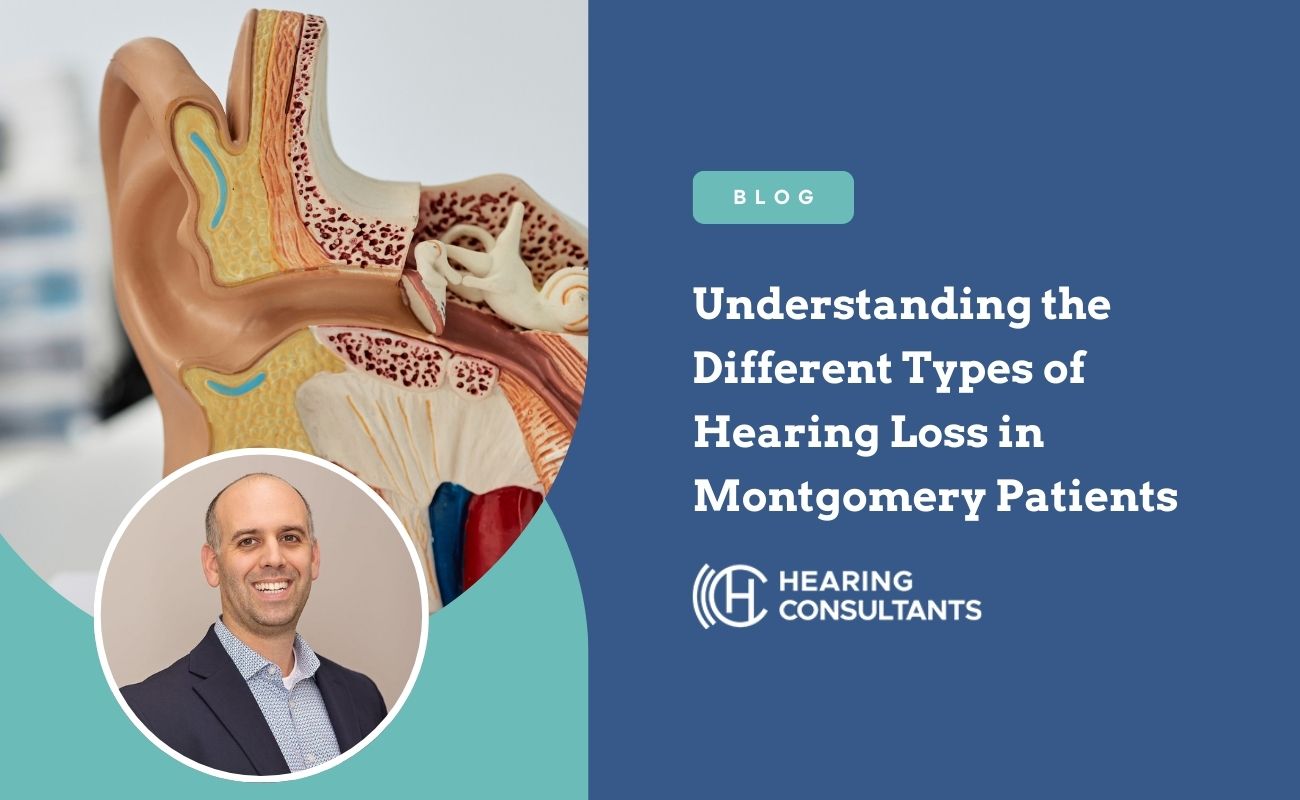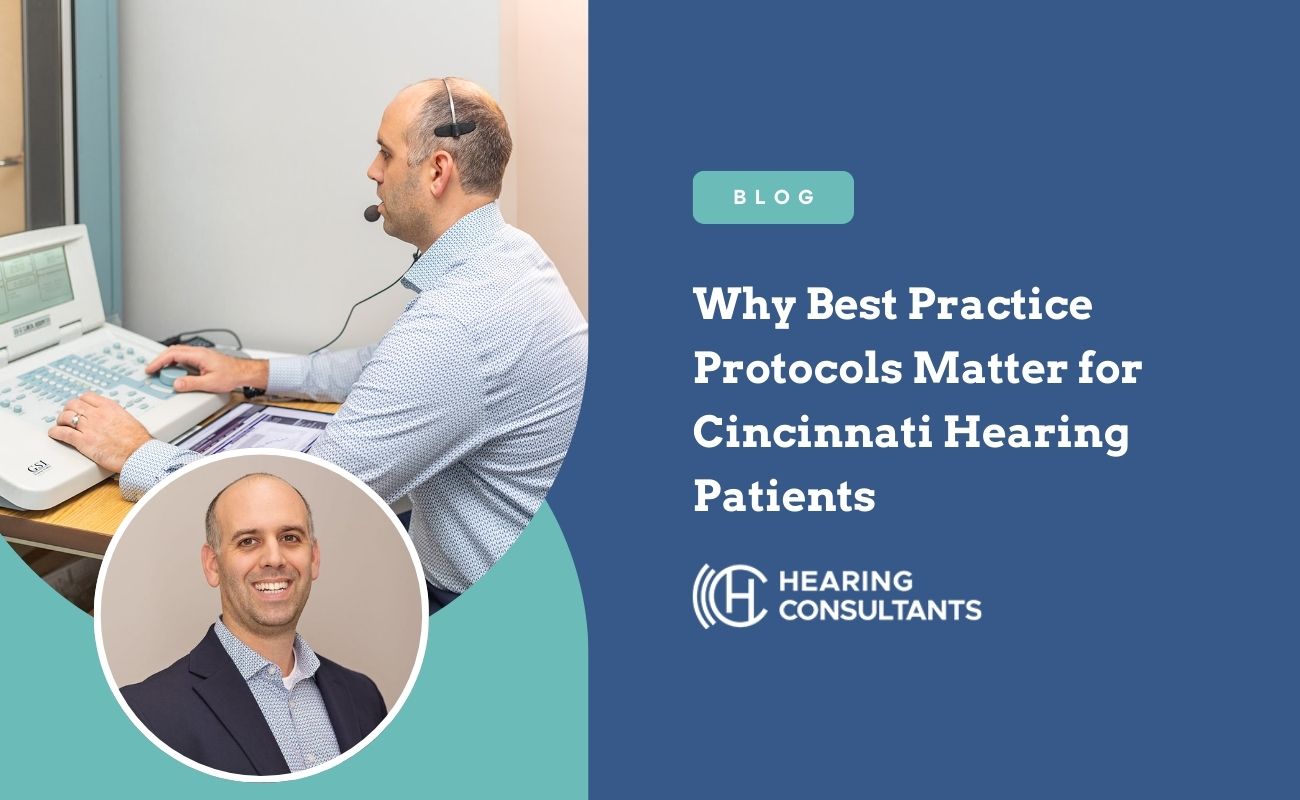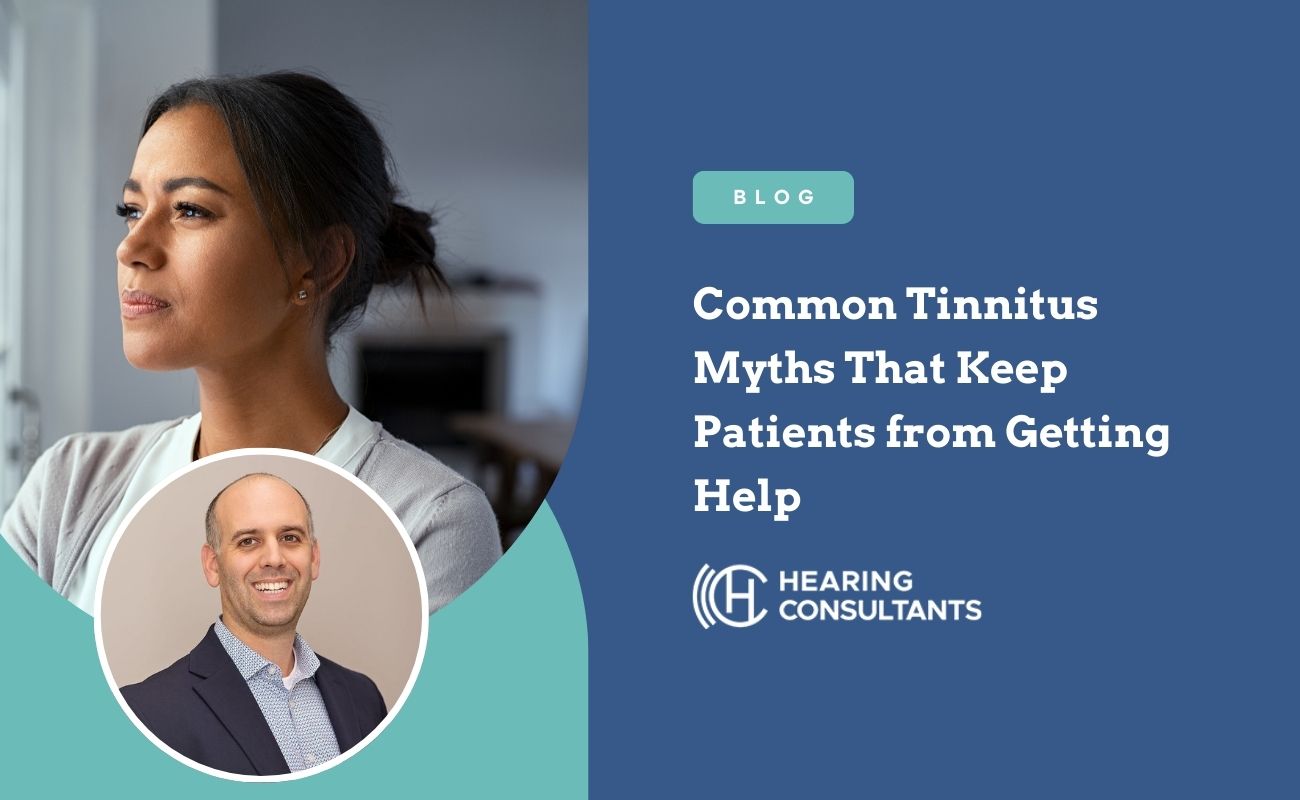The Value of Combined Hearing and Cognitive Health Monitoring

Modern hearing healthcare has evolved beyond simply addressing sound perception. At Hearing Consultants, we recognize the vital connection between hearing health and cognitive well-being. This relationship is increasingly supported by scientific research, revealing how untreated hearing loss can impact cognitive function over time.
How Hearing Loss Affects Mental Function
Experiencing untreated hearing loss creates significant mental, physical, and emotional strain. When you struggle to hear clearly, your brain must work overtime to fill in gaps, relying heavily on contextual cues, body language, and unconscious lip reading. This constant mental effort creates a cognitive burden that affects multiple aspects of daily life.
Untreated hearing loss forces individuals to rely heavily on contextual cues, body language, and unconscious lip reading to compensate, which can be a significant cognitive burden. This mental stress doesn't just affect communication - it can even interfere with physical tasks such as walking safely.
Since hearing loss typically affects the perception of high-pitched sounds first, understanding speech becomes particularly challenging. This communication difficulty often leads to withdrawal from social situations, which can trigger a concerning chain reaction of health issues.
Social isolation and depression linked to hearing loss are associated with elevated stress hormones, weakened immune systems, and increased risk of dementia and early mortality.
Audiology's Role in Detecting Cognitive Decline
Audiology plays a pivotal role in early detection of cognitive decline. Research indicates that hearing aids and other hearing loss rehabilitation services can potentially slow down the rapid progression of cognitive decline. They have been linked to delayed diagnosis of several serious conditions:
- Alzheimer's disease
- Dementia
- Depression
- Anxiety
- Injurious falls among older adults
The Hearing-Dementia Connection
The relationship between hearing loss and dementia has gained significant attention in recent years. A study published in the Lancet identifies hearing loss as a major modifiable risk factor for dementia. Hearing and cognitive tests serve as the first line of defense against dementia.
Why does this connection exist? The slow progression of hearing loss exerts significant mental and cognitive strain on the brain, impacting memory, speech, and language skills. When your brain constantly struggles to process unclear sounds, it diverts resources away from other cognitive functions.
Taking Action to Protect Cognitive Health
While genetic risk factors for dementia cannot be changed, behavior concerning hearing protection can be modified. This behavior modification can significantly reduce the chances of developing dementia.
Therapies and interventions focused on treating hearing loss have shown promising results. Hearing protection, hearing aids, and other treatments can positively impact risks associated with dementia development. Regular use of hearing aids can even slow the rate of cognitive decline.
Cognivue: Advanced Cognitive Screening
At Hearing Consultants, we've incorporated advanced screening tools to provide comprehensive care for both hearing and cognitive health. Cognivue is a diagnostic tool designed to screen for early signs of cognitive decline by measuring memory performance, executive function, reaction time, and processing time.
This quick test offers valuable insights that can serve as an early warning system for potential cognitive issues. Rather than being the definitive tool for determining dementia risk, Cognivue serves as an early warning system, highlighting potential red flags as early as possible.
The Benefits of Combined Screening
When we assess both your hearing and cognitive function, we gain a more comprehensive picture of your overall health. The Cognivue diagnostic provides a cognitive health result independent of your hearing score. Health professionals can use both your hearing results and your Cognivue results to paint a more accurate picture of your current cognitive health.
Based on your assessment results, Cognivue will provide advice concerning lifestyle changes aimed at improving your overall cognition. The screening will also provide a report and dataset that you can bring to your healthcare provider to better discuss next steps for managing your cognitive risks.
The Role of Hearing Aids in Cognitive Health
Modern hearing aids do more than amplify sound. Today's devices from manufacturers like Widex, Phonak, ReSound, Oticon, and Starkey feature advanced technology that helps reduce listening effort and cognitive load.
For example, the new Phonak Infinio platform uses cutting-edge processing to enhance speech clarity even in noisy environments. The Widex Allure hearing aids offer Speech Enhancer Pro technology that makes conversations easier to follow, potentially reducing cognitive strain.
Similarly, ReSound's Vivia hearing aids use sophisticated AI technology to help your brain focus on what matters most, while Oticon Intent's 4D Sensor technology works to reduce listening effort and help you stay engaged in conversations.
All these technological advancements share a common goal: to make listening easier and reduce the cognitive effort required to communicate effectively.
Maintaining Hearing and Brain Health
In addition to appropriate hearing technology, several lifestyle factors can help support both hearing and cognitive health:
- Regular physical exercise
- Maintaining social connections
- Mental stimulation through puzzles, reading, and learning new skills
- A healthy diet rich in omega-3 fatty acids and antioxidants
- Adequate sleep
- Stress management
These habits support not only brain health but also contribute to your overall wellbeing.
Schedule Your Comprehensive Hearing and Cognitive Health Assessment
The link between untreated hearing loss and cognitive decline is clear. At Hearing Consultants, our team of experienced audiologists is equipped with the knowledge and tools needed to detect and manage both hearing loss and potential cognitive issues.
We understand that each person's hearing journey is unique, and we're committed to providing individualized care that addresses your specific needs. Our comprehensive approach includes the latest diagnostic tools, advanced hearing technology, and ongoing support to help you maintain both hearing and cognitive health.
Don't wait until hearing difficulties begin to affect your cognitive wellbeing. Contact Hearing Consultants today at 513-916-3656 to schedule your comprehensive hearing and cognitive health assessment. Our audiologists, Dr. Timothy Teague and Dr. Amanda Hoffman, are ready to help you take this important step toward better hearing and overall brain health.
Get in touch with
Hearing Consultants
Contact our clinic to schedule an appointment today!







